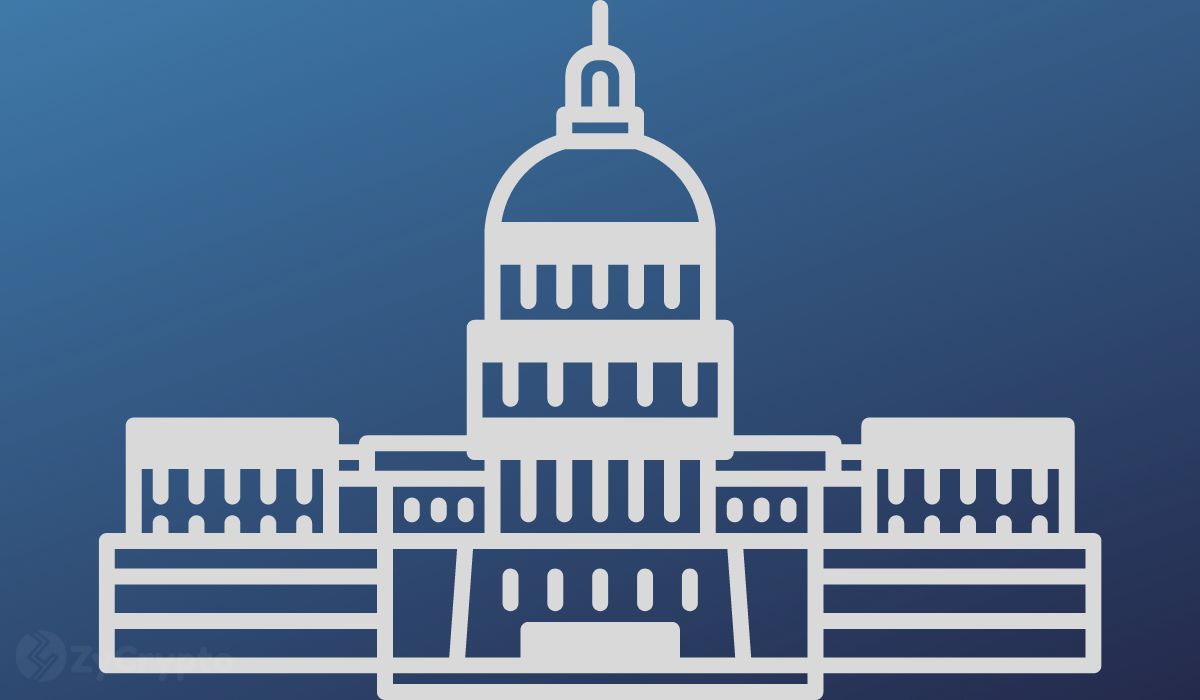In a May 9, 2023 letter to the United States House Appropriations Committee, the U.S. House Financial Services Committee Chairman Patrick McHenry outlined the Committee Republicans’ priorities for fiscal year (FY) 2024 appropriations. Among the priorities listed is nurturing innovation for digital assets and blockchain technology in the United States (U.S.).
In his letter, McHenry requested the House Appropriations Committee to prevent the Securities and Exchange Commission (SEC) from continuing to regulate by enforcement. McHenry said that establishing clear rules for all players will ensure that innovation remains within the United States.
McHenry requested the Committee to prevent a budget increase for the SEC Enforcement Division. He also requested the House Appropriations Committee to prohibit funding for the SEC’s Staff Accounting Bulletin 121, which precludes banking organizations from serving clients seeking digital asset safeguarding services.
McHenry further called upon the House Appropriations Committee to prohibit funding for enforcing the custody rule. The custody rule requires investment advisers to hold client assets only with “qualified custodians”, such as a bank, broker-dealer, or futures commission merchant. McHenry said that the proposed custody rule would limit the number of qualified crypto custodians and hence offer less consumer protection.
On May 10, 2023, the House Financial Services Subcommittee on Digital Assets, Financial Technology & Inclusion held a joint hearing with the House Agriculture Committee’s Subcommittee on Commodity Markets, Digital Assets, and Rural Development. The Committees discussed measuring regulatory gaps in the digital asset markets.
In his remarks, Chairman French Hill pointed out the need to provide a functional framework for digital assets in the U.S. Hill said that failure would result in digital asset frameworks developing offshore rather than in a regulated U.S. environment.
Hill acknowledged that there is no workable framework by the Securities and Exchange Commission (SEC) or the Commodity Futures Trading Commission (CFTC) to regulate digital asset issuers and intermediaries. He called upon both federal agencies to work with the House Committees to develop digital asset legislation.
“That’s why we’re here today. No one here is claiming that crypto should be exempt from the rules or that we should create an entirely new regime for it”, Hill said.
Hill said that the goal is to bring consumer protections seen in the current financial regulatory structure to digital asset-related activities and intermediaries.
Hill stated that the decisions taken in Congress this year will determine how the digital asset ecosystem will develop in the U.S.







